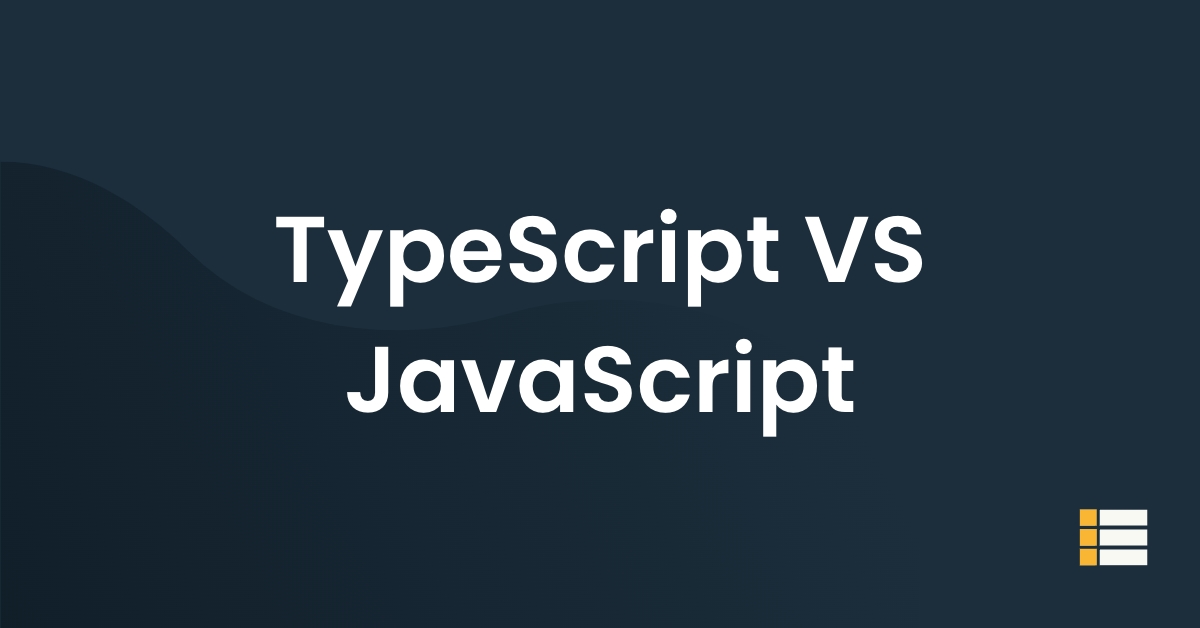If you’re looking for an efficient and reliable scripting language for your next application, you may be torn between Node.JS and Python.
Both are powerful scripting languages that have become popular choices for web development, but what’s the difference between the two?
In this article, we’ll explore the pros and cons of each language and discuss which is the better choice for different scenarios.
An Overview of Node JS and Python
Node.js and Python are two of the most popular programming languages today.
Both are open-source, cross-platform languages used for web development, data analysis, and application development.
- Node.js is based on JavaScript and is a server-side platform for creating real-time web applications. It is an asynchronous and event-driven runtime environment that allows developers to build fast and scalable web applications. Node.js is highly scalable and is used for building efficient, data-intensive applications. It is also popular for developing microservices and for its easy integration with the NoSQL database MongoDB.
- Python is a high-level, general-purpose programming language for data analysis, machine learning, web development, and more. It is a powerful language that allows developers to write concise and efficient code. Python is also known for its wide range of libraries and frameworks that make web development and data analysis much easier.
Node.js and Python are two of the most popular programming languages, and each has its own strengths and weaknesses. Depending on the project, either language can be used to create efficient and reliable web applications.
Let’s Dive-in:
Node.JS vs. Python Performance
When it comes to performance, node.js and Python offer different advantages.
Speed
In terms of speed, node.js is often considered faster than Python. This is due to its asynchronous, non-blocking architecture, which allows it to handle multiple requests simultaneously.
On the other hand, Python is synchronous, meaning it can only handle one task at a time. Node.js is also more efficient regarding memory usage, as it can handle multiple requests without creating a new thread for each one. In terms of scalability, node.js and Python offer different benefits.
Node.js is more scalable in speed, as its non-blocking architecture allows it to handle multiple requests without creating a new thread for each one. Python, however, is more scalable in terms of memory usage, as its memory can be shared among multiple processes.
Memory usage
Python is not as memory efficient as Node.js since it is a multi-threaded language that requires more memory to manage its multiple threads. When it comes to memory usage,
Node.js is the clear winner. Node.js has been specifically designed to be efficient with its memory usage, while Python requires more memory to manage its multiple threads. However, Node.js is not as easy to use as Python, which makes it more difficult for developers to learn and use.
Development time
When it comes to development time, node.js is typically faster than Python. Node.js’s non-blocking architecture allows for faster development times, as developers don’t have to wait for processes to finish before starting a new one.
Python, however, is better suited for large projects, as its syntax is much easier to read and understand.
Cost
Finally, let’s look at the cost. Node.js is generally less expensive than Python, as it requires fewer resources and is faster to develop.
Python, however, is more expensive due to its larger code base and the need for more external libraries and frameworks. In conclusion, node.js and Python both offer different performance benefits. Node.js is faster, more efficient, and more scalable in terms of speed.
On the other hand, Python is more scalable in terms of memory usage and better suited for large projects. Ultimately, developers must weigh each language’s pros and cons before deciding.
Node.JS or python for Backend
The decision of whether to use Node.js or Python for backend development depends on a variety of factors, including the scope of the project and the experience of the development team.
Node.js and Python are popular choices for backend development, but they have their own advantages and disadvantages.
Node.js has an asynchronous, non-blocking I/O model that makes it lightweight and efficient. Node.js is ideal for projects where speed and low overhead are important.
It is also a great choice for applications that rely heavily on real-time data and projects with large data sets.
On the other hand, Python is a high-level, general-purpose programming language.
It is an interpreted language that allows rapid development and easy integration with other languages and frameworks. Python is well-suited for projects that require data science and machine learning, as well as for applications that are heavily I/O-bound.
Ultimately, the decision of which language to use for backend development should be based on the project’s specific needs.
Node.js is great for projects that require low-overhead, real-time applications, while Python is better suited for projects that involve data science and machine learning.
Experienced developers should be able to weigh the pros and cons and determine which language is best for their particular project.
JavaScript & Node JS or Python for Web Scraping
Web scraping is extracting data from a website or other online source. The two main programming languages used for web scraping are Node.js and JavaScript.
Both have their own strengths and weaknesses and are used for different types of web scraping. Node.js is a server-side JavaScript runtime environment that is popular for web scraping.
It is a powerful, efficient, lightweight framework that can handle high-traffic and data-intensive tasks. Node.js allows developers to create robust web applications and APIs using asynchronous programming, making it easier to scrape data from websites.
Node.js has a wide range of libraries and frameworks for web scraping.
The main advantage of using JavaScript for web scraping is that it is a lightweight language that can quickly and easily build web applications. JavaScript is also well suited for scraping dynamic websites, as it can interact with the website’s DOM (Document Object Model).
Additionally, JavaScript libraries such as jQuery make it easy to scrape data from websites.
When deciding which language to use for web scraping, it is important to consider the type of data being scraped and the complexity of the scraping task. Node.js is better suited for high-traffic websites and complex data extraction tasks, while JavaScript is better for small-scale scraping projects.
Conclusion
Node.JS and Python are both powerful and popular programming languages that are used in a variety of applications.
Ultimately, the best language for your project will depend on the specific requirements of your project.
Node.JS is ideal for web application development, while Python is better suited for complex data analysis tasks.
Both powerful tools will help you create robust applications regardless of which language you choose.




